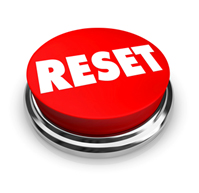As investors reset their clocks to accord with the end of Daylight Savings Time, they may also need to reset their expectations for future returns.
A strong body of research suggests that artificially changing the time twice a year – forward, then backward an hour – does more harm than good. It leads to sleep disruptions, heightened stress, missed appointments, wasted time (ironically), and a diminishment of productivity around these biannual time changes.

As reported in HeadlineHealth, “Circadian biologists believe ill health effects from daylight saving time result from a mismatch among the sun ‘clock,’ our social clock – work and school schedules – and the body’s internal 24-hour body clock.”
...
Read more »